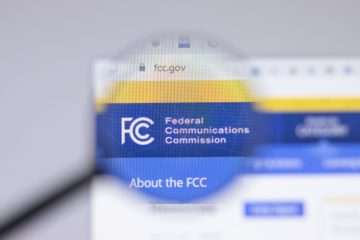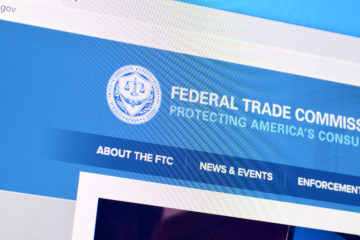Norm Singleton has a new article out at Issues & Insights on the latest push in Congress and the White House to enforce and broaden antitrust laws.
Here is an excerpt.
“Nobel Laureate Milton Friedman was correct that inflation “is always and everywhere a monetary phenomenon.” But, while true, it does not recognize the way fiscal and regulatory policy can alleviate or worsen inflation’s impact on the people.
Case in point: The Biden administration’s fiscal and regulatory policies, which will increase the burden of inflation.
Biden recently issued new directives aimed at examining whether shippers‘, meat packers‘, and Big Oil’s supposed violation of antitrust laws are somehow behind rising prices and supply shortages. This follows Biden’s July, 2021 Executive Order containing 72 directives to various federal agencies to increase antitrust enforcement.
Biden claims that enforcing antitrust laws will reduce inflation by ending “price gouging.” Biden is economically ignorant of the fact that it is natural and necessary for prices to increase during a shortage. Rising prices signals businesses that they need to increase supply of goods and services.
The other way anti-price gouging laws “protect” consumers from paying high prices is by increasing shortages — hardly an optimal solution. Price-gouging laws harm a naturally occurring economic process by giving bureaucrats and politicians a dangerous power to dictate “fair” prices.
Similarly, all antitrust laws assume that government bureaucrats can determine when a firm gets too big or when a market is “competitive.” There is no way for a government official to know this, any more than a government official can determine what is a fair market price.
Antitrust enforcement also assumes that the firms currently dominating the market will remain dominant absent government action. Historically, there are numerous examples of successful businesses failing because another business offered a better product.
Antitrust laws can harm consumers by denying them the benefits of economics of scale, as well as vertical and horizontal integration. Thus, antitrust laws push prices higher than they otherwise would be, making their increased enforcement an odd way to combat inflation.
Of course, antitrust laws are unlikely to be repealed anytime soon. Still, Biden could help consumers and promote competition by basing antitrust enforcement actions on whether a firm’s actions benefit or harm the consumer — rather than whether they exceed some arbitrary standard of “market concentration.”
This won’t resolve the problems with antitrust, but at least it would make enforcement less heavy-handed and destructive.”
Read the rest of article at Issues & Insights by clicking here.
Norm Singleton is Senior Fellow at the Market Institute


